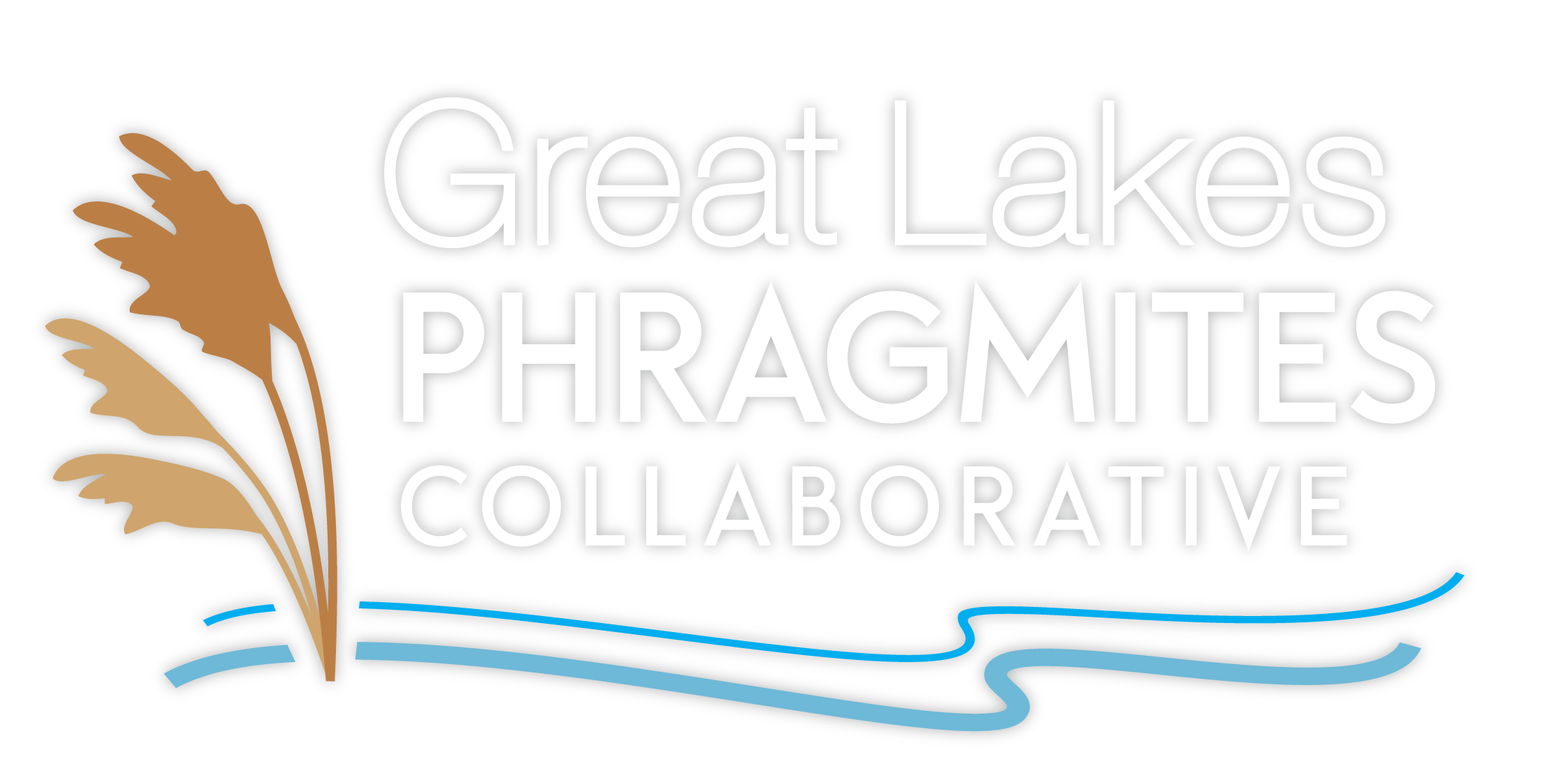The GLPC Blog
Learn about what’s going on in the world of Phragmites!
The GLPC Blog has it all with case studies, research updates, management technique topics and more! Scroll through our recent blogs below, or if you are looking for something specific use our blog search and check out our blog archive and blog topics on the right side of the page.
Blog Search
Search through our archive of blog posts here. If you are looking for related topics and terms to search check out some of our blog topics on our right side menu.
Research Round-Up: February 2018
What Phragmites research was published this month? Check out out our newsletter summary! To receive these monthly summaries in your inbox, sign up for our newsletter.
2017 PAMF Participant Survey Results
February 21, 2018 | PAMF program staff 2017 PAMF Participant Survey Results Phragmites is dormant right now, but the PAMF staff sure isn’t! PAMF is currently in its pilot year, and we have been very busy all winter, working to improve the program for its first full...
Research Round-Up: December and January 2018
What Phragmites research was published this month? Check out out our newsletter summary! To receive these monthly summaries in your inbox, sign up for our newsletter.
PAMF 2017 treatment highlights!
January 26, 2018 | PAMF program staff After enrolling and monitoring 93 management units into the Phragmites Adaptive Management Framework (PAMF) program in 2017, participants went on to manage Phragmites in various ways. PAMF staff reached out to participants by...
How PAMF Generates Decision Support
December 22, 2017 | PAMF program staff The Phragmites Adaptive Management Framework (PAMF) is a decision-support tool for anyone managing Phragmites in the Great Lakes basin. As a PAMF participant, you receive decision support that is tailored to the conditions at...

